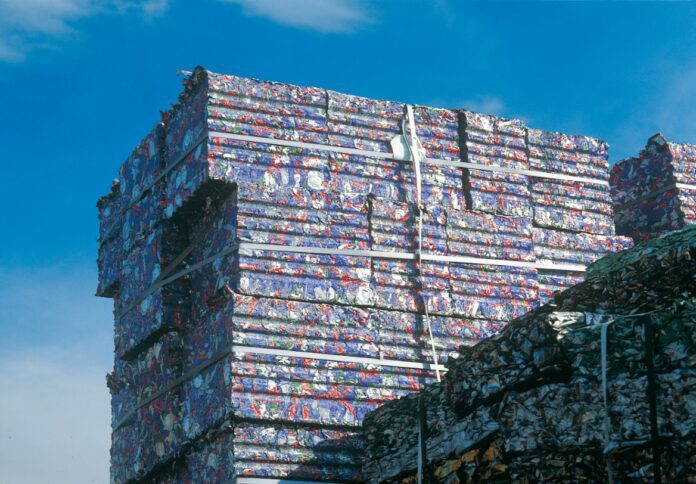
A recent study conducted by the International Aluminium Institute has unveiled that the majority of aluminium cans recycled by Australians are reintroduced into the manufacturing process to create a new generation of aluminium cans, closing the can-to-can recycling loop.
The study’s findings have been released by the Australian Aluminium Council, shedding light on the entire lifecycle of used beverage cans (UBCs).
According to data reported in the study, Australia’s annual consumption of aluminium cans surpasses nine billion, a figure projected to increase by 25 per cent between 2020 and 2030, reaching 11 billion cans per year.
However, limited domestic recycling capacity has raised questions about the fate of these cans, the research noted.
Marghanita Johnson, CEO of the Australian Aluminium Council, stressed the significance of this study, explaining that they aimed to confirm the data and provide Australians with such assurance, which the study has accomplished.
She acknowledged the need for Australians to have confidence that every aluminium can placed in a recycling bin or through a container deposit scheme is indeed recycled, even if the recycling process occurs offshore.
“Many people know of Australia’s primary aluminium industry including bauxite mining, alumina refining, aluminium smelting and downstream processing including extrusion,” Johnson highlighted.
She added, “However, people are often unaware that the closure of Australia’s car industry a decade ago was accompanied by a closure in the two aluminium rolling mills which also provided Australia with domestic aluminium recycling capacity. Since then, aluminium cans and other scrap have been exported for recycling.”
The study also delved into the recycling flows of Australian aluminium cans and revealed that while a small proportion is recycled within Australia, the majority are recycled in countries like South Korea, Thailand, and Saudi Arabia.
Remarkably, 65 per cent of recovered cans are reintegrated into producing a new generation of aluminium cans, thus forming a sustainable recycling loop.
Australia has implemented container deposit schemes in all states and territories, with a voluntary extended producer responsibility (EPR) scheme already in place.
Despite these measures, a quarter of cans still end up in landfills. Johnson pointed out, “This study shows that, even with advanced policies and collection infrastructure, there are opportunities to do better.”
The report recommended enhancing awareness of aluminium can recycling benefits, investing in infrastructure, and maintaining high-quality waste streams.
Aiming for improved recovery rates of over 90 per cent in the next five years, Australia can further contribute to global decarbonisation efforts in the aluminium industry, Johnson concluded.



















